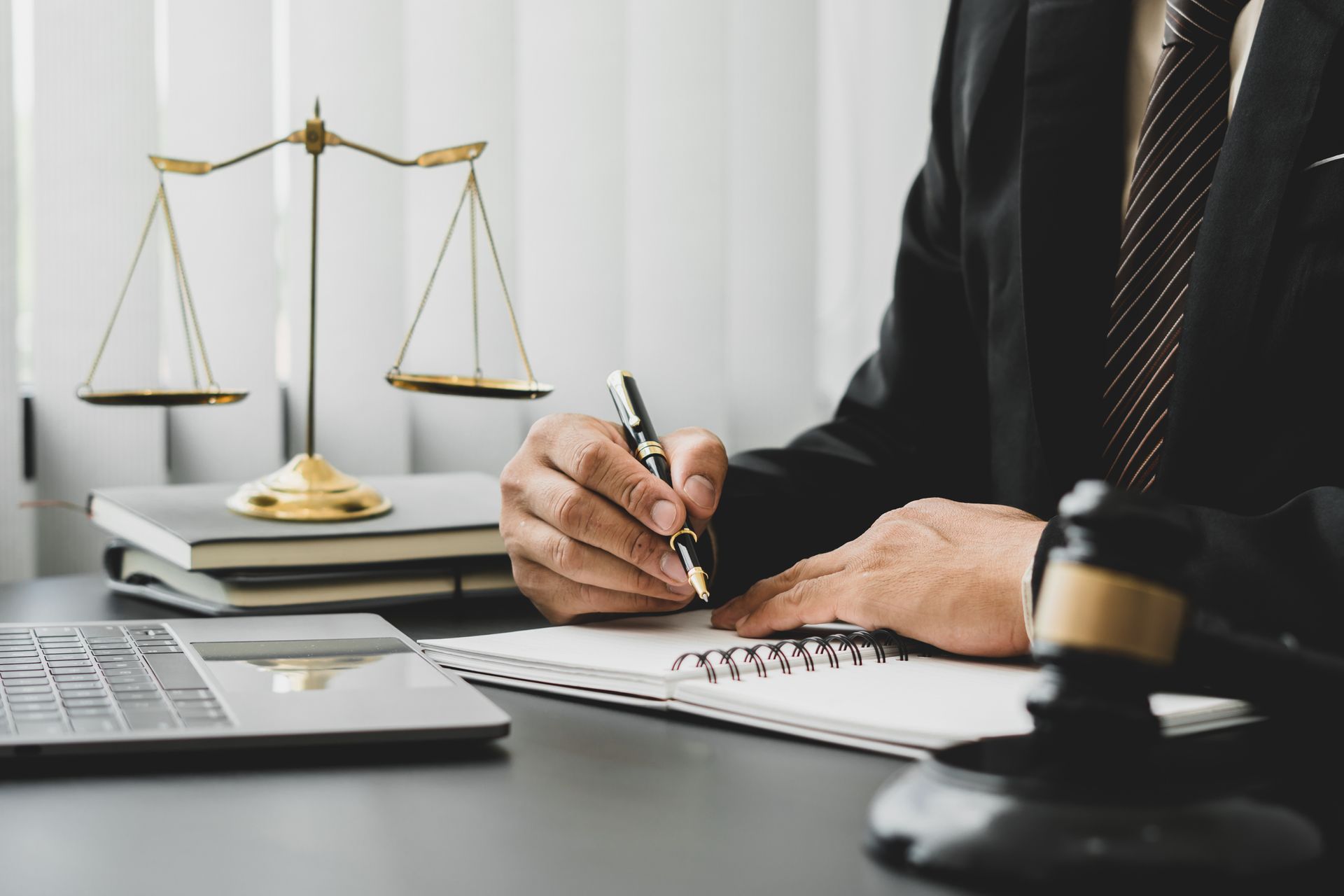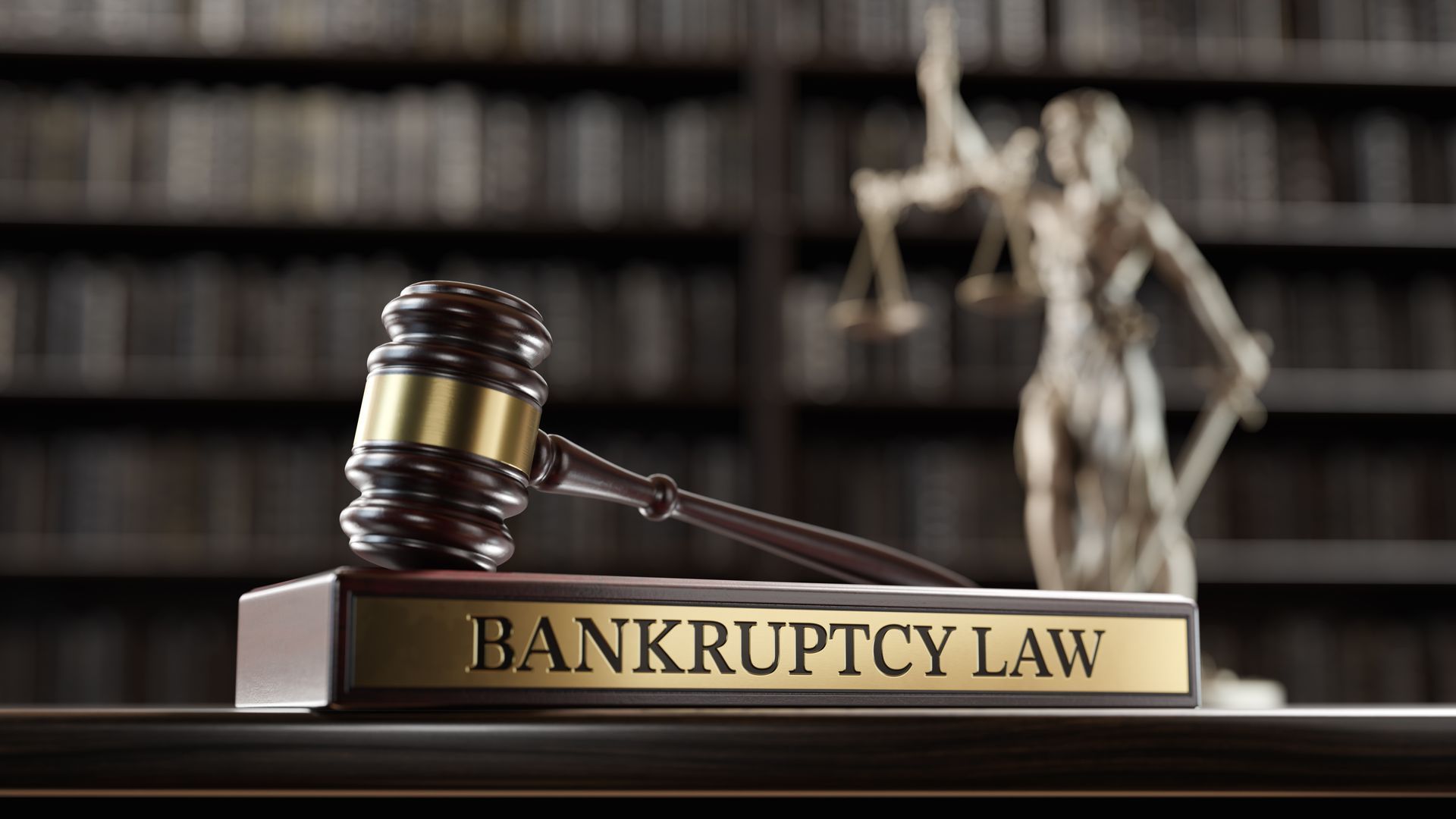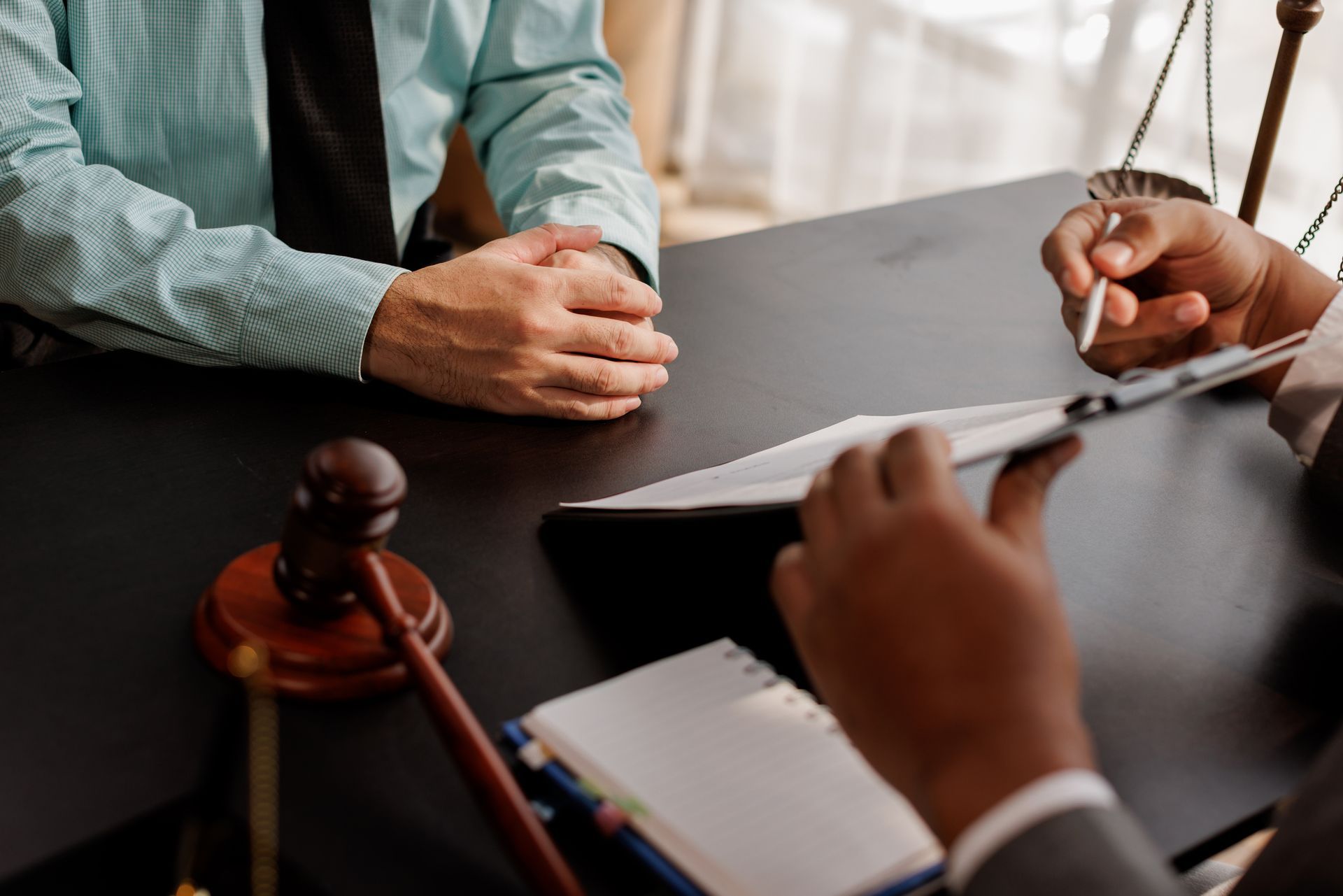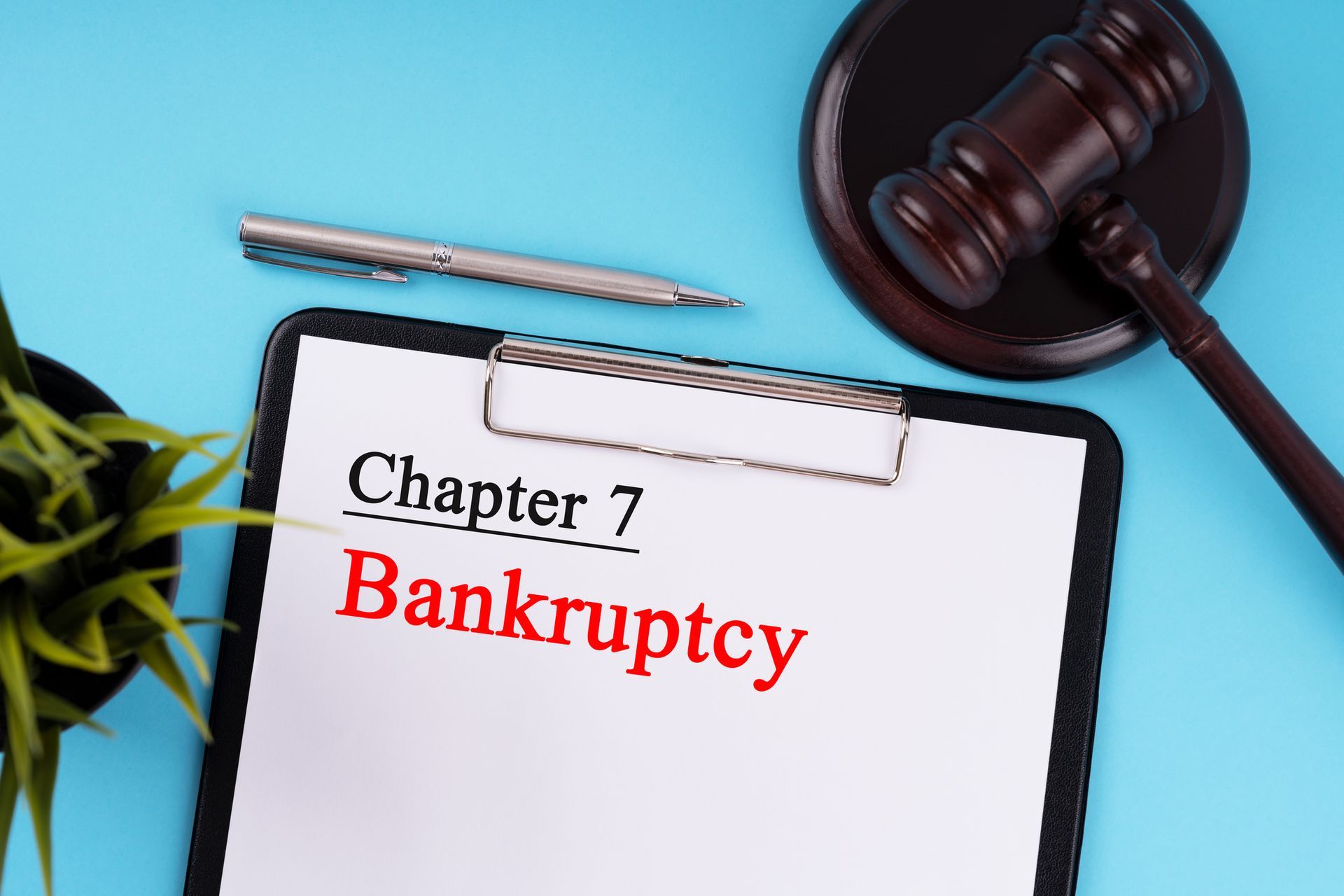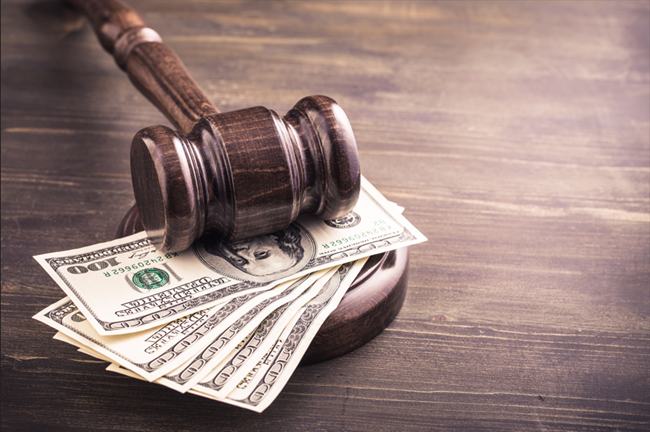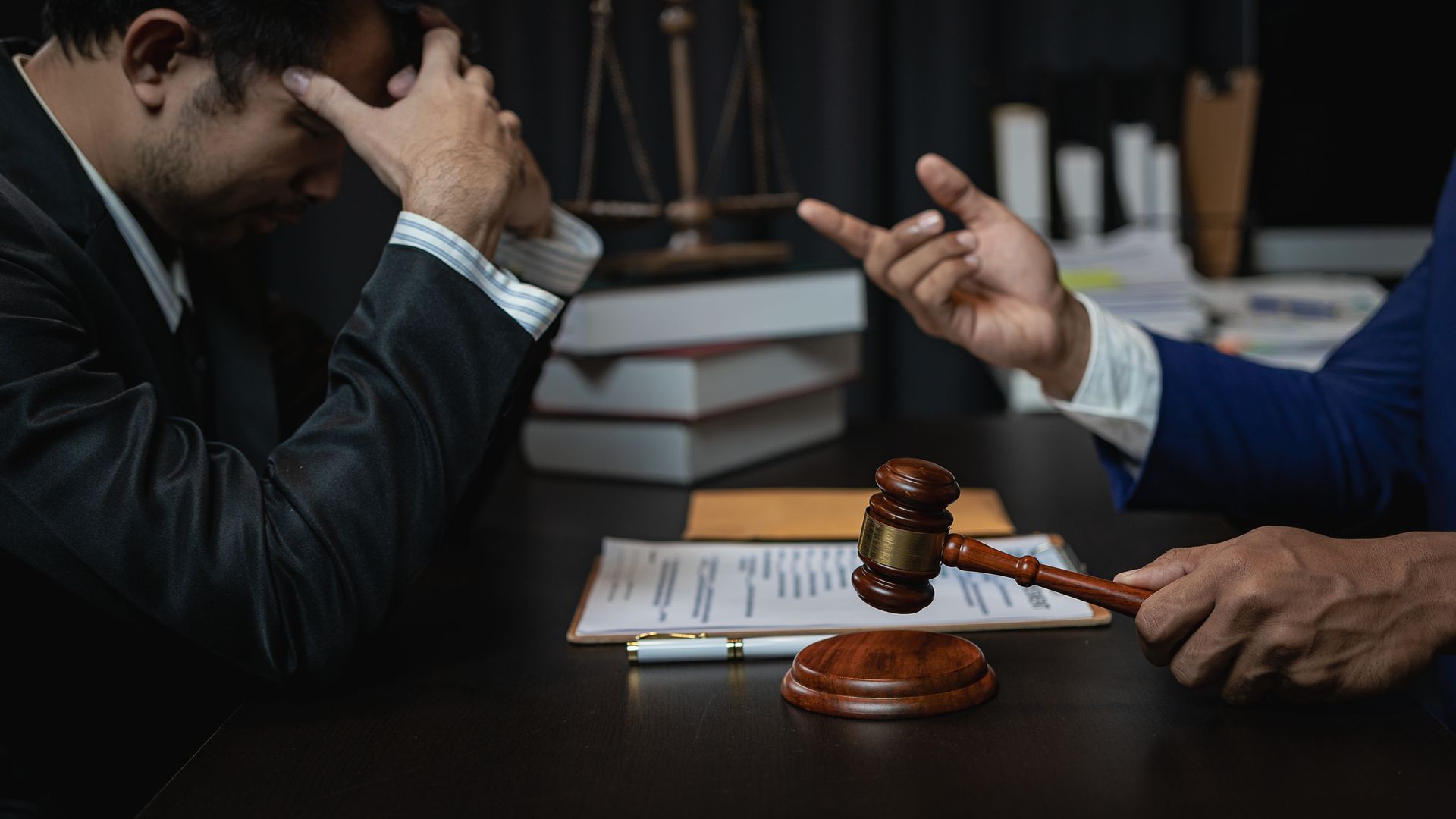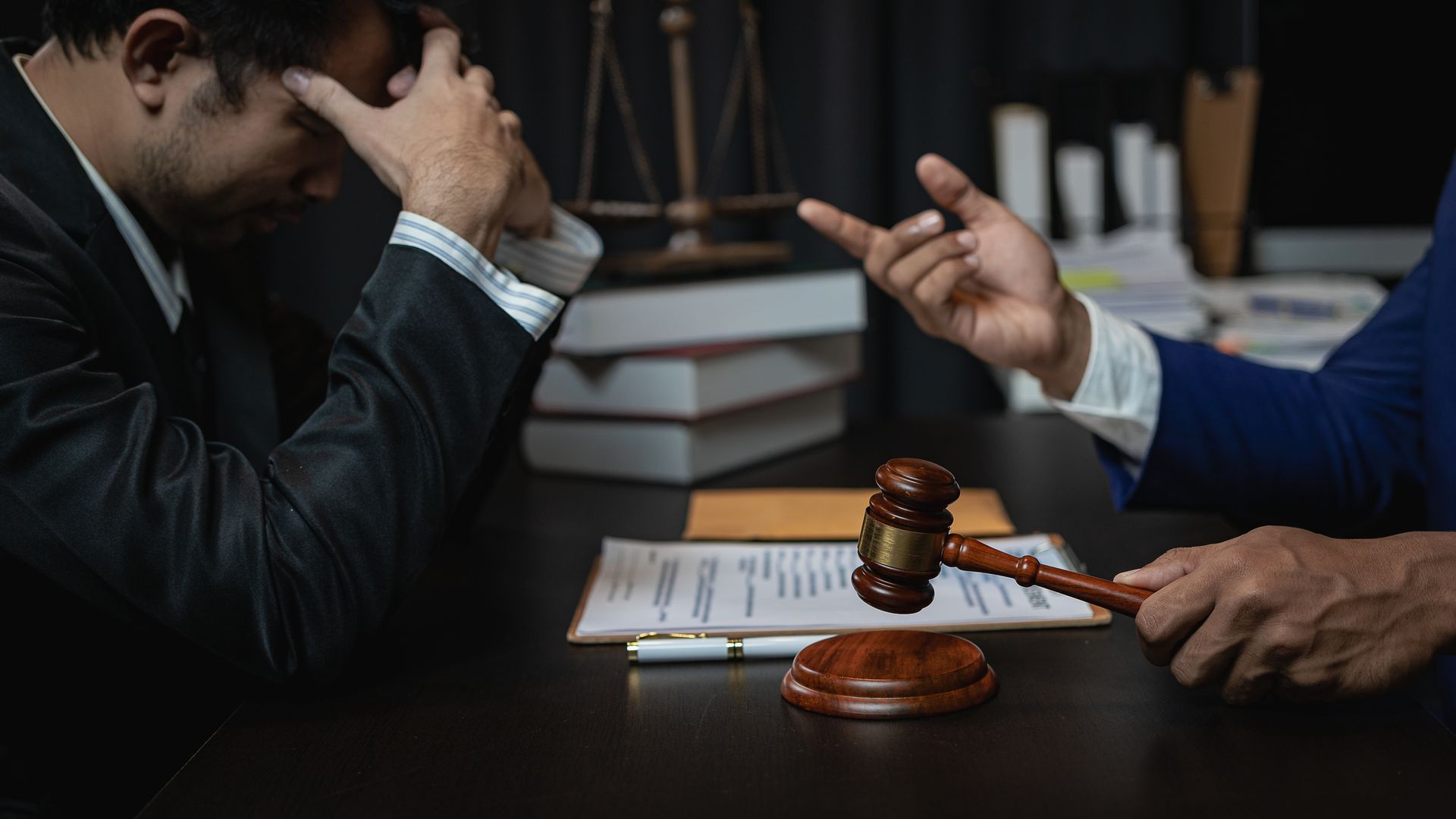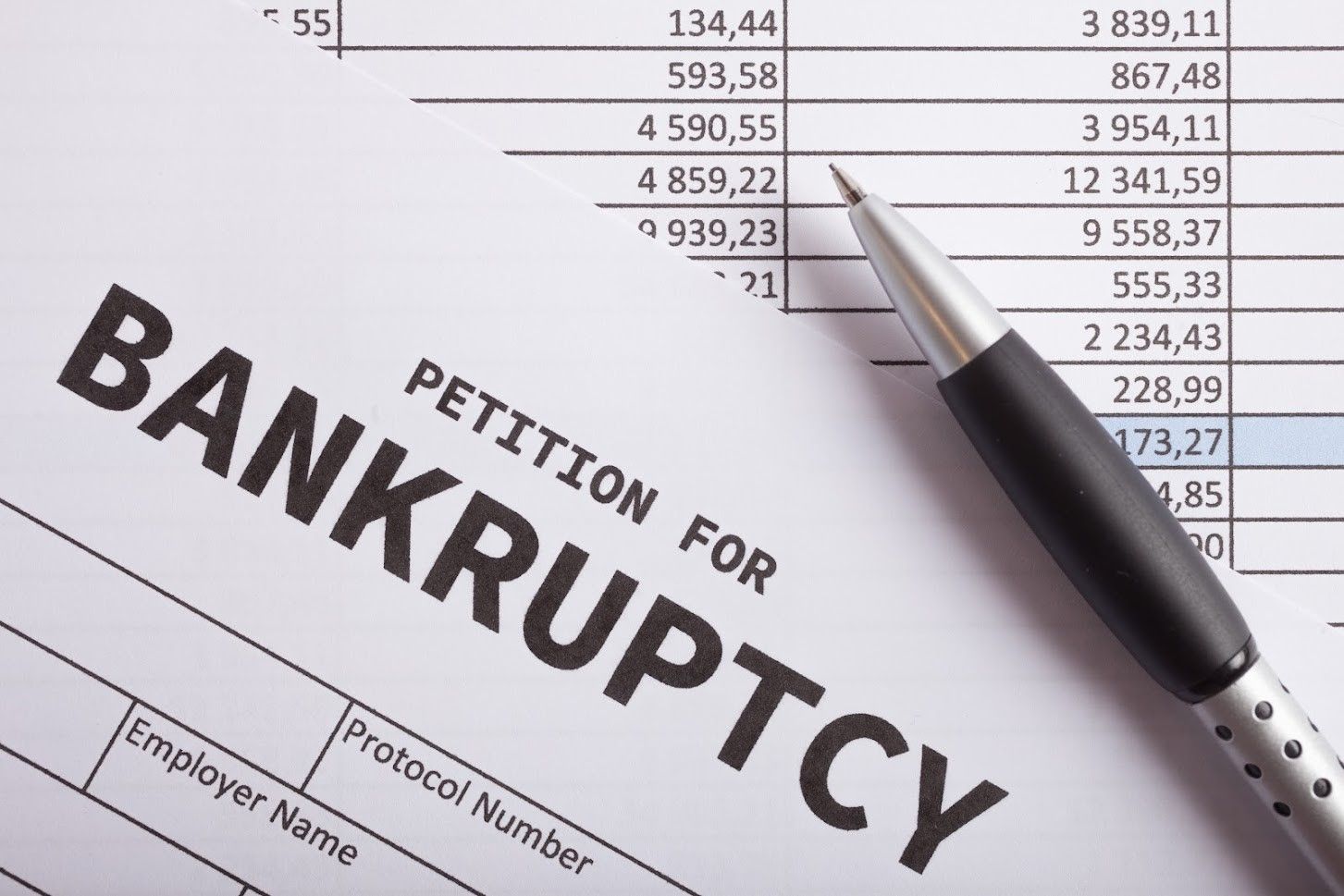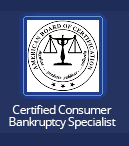Car Repossession and Your Chapter 7 Bankruptcy Case
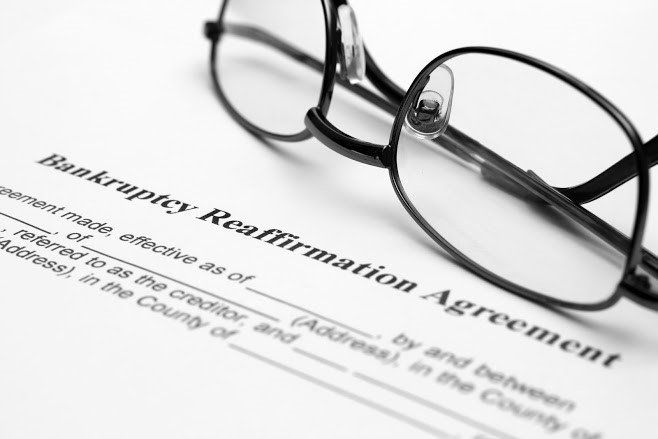
A car or truck is the primary mode of transportation for many people. The loss of their vehicle can represent not only a general hardship but even a strain on their employment.
Aside from houses, vehicles are one of the most expensive items most people buy. Once you miss a loan payment, the late fees and continuing payments can quickly become unsurmountable. You may face repossession. Find out how repossession works in Michigan and how your Chapter 7 bankruptcy can help you get your vehicle back.
Car Repossession
When you finance your vehicle, your lessor has the right to timely payments. If you miss payments, the lessor has the right to repossess your vehicle. In Michigan, they can repossess your vehicle without prior warning. However, they do have to provide you with a letter afterward informing you of the repossession and possibility of getting the car back.
In fact, repossession can be voluntary or involuntary. With voluntary repossession, you acknowledge that you can't afford the payments and you return the vehicle to the lender. With involuntary repossession, agents take the car without your permission. In Michigan, they may not use violence, nor may they enter your home uninvited.
The repossession company may remove loose items stored in the vehicle and store them at a cost to you. They must inform you of the method for collecting your property, though.
Property Redemption and Loan Reaffirmation
You have the option to redeem your vehicle to get it back. With this process, you pay off the loan. Chances are, if you had the funds to pay off the loan in full, you wouldn't have gotten behind in loan payments. That said, you might be able to sell other items or ask for a personal loan from a family member. You'll likely have to pay repossession costs, too.
Another option for getting your vehicle back is to reaffirm your loan. With this process, you must talk to the lender. You work out an arrangement for a new payment plan with the lender. You'll need to ensure the new payment plan is within your budget. If you default on the loan again, your lender will probably hire a repossession company again.
With both redemption and reaffirmation, you must act quickly. Lenders have the right to auction off repossessed vehicles. You often have roughly 10 days to get the vehicle back.
If the lender does auction off your vehicle, you may still owe on the loan. You'll have to make up the difference between the outstanding balance of the loan and the amount the lender received in auction. The lender can sue you for a car loan deficiency, which represents this difference.
Chapter 7 Bankruptcy
When you file for Chapter 7 bankruptcy, you have more options for recovering your vehicle. Ideally, you should file for bankruptcy before your car is repossessed. In that case, an automatic stay goes into effect, which means creditors can't try to collect on your debt — the stay also covers repossession.
Filing for Chapter 7 bankruptcy also gives you some leeway with both redemption and reaffirmation. As part of the bankruptcy process, you have a chance to buy back your car at its current value rather than pay back the outstanding loan. Typically, the current value is lower. You have to make this payment in a lump sum.
With reaffirmation, the negotiation process is the same. However, your lender is likely to be more motivated to work with you. With Chapter 7 bankruptcy, your debt is discharged, which means the lender is likely to get less if you go through with the bankruptcy. If you choose not to recover your vehicle, the loan deficiency will become part of your bankruptcy, which means it may be discharged.
Recovering your car or getting your outstanding loan discharged after a vehicle repossession can be a complicated business. Contact Charles J Schneider PC for legal guidance.

